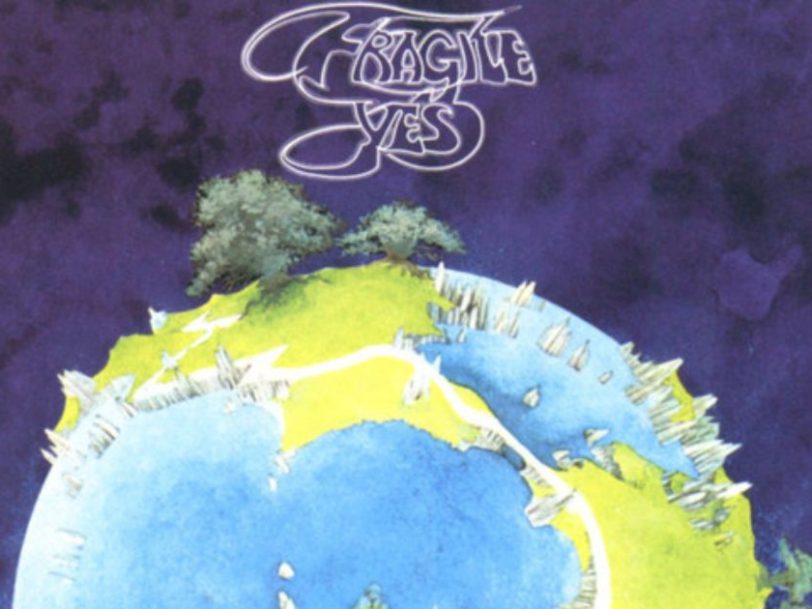Marking them out as one of the UK’s leading purveyors of progressive rock, Yes’ scintillating fusion of delirium-inducing hard rock and classical music was already a tried-and-true recipe for success by early 1971. Having scored big with their UK No.4 release The Yes Album, released that February, the group immediately began concocting new song ideas to bring to their producer Eddy Offord at Advision Studios, where they would record their game-changing fourth album, Fragile.
Listen to ‘Fragile’ here.
The backstory: “Rick coming into the group made us work faster and harder than we’d ever done before”
Before that, however, there was an important line-up change to be addressed. Keyboardist Tony Kaye had been dismissed from the group earlier in the year, but, luckily, session wizard and former Strawbs’ member Rick Wakeman hungrily stepped up to the plate. A seasoned pianist who would soon make a landmark appearance on David Bowie’s Life On Mars?, Wakeman completed what would come to be regarded as Yes’ “classic” line-up.
Teaming up with singer Jon Anderson, guitarist Steve Howe, bassist Chris Squire and drummer Bill Bruford, Wakeman brought his aptitude for everything from Hammond organ to Minimoog synths, helping Yes to craft their most ambitious undertaking to date. Dialling into Anderson’s ever-growing spiritual leanings and Howe’s luminescent guitar prowess, Fragile would prove to be the band’s make-or-break moment.
The recording: “It was an inspired time, totally inspired by the music”
Within weeks of Wakeman joining the group, the Yes musicians wasted no time in completing fresh material. “Rick coming into the group made us work faster and harder than we’d ever done before,” Jon Anderson reflected. As would soon become apparent from the album’s thunderous opening song, Roundabout – inspired by a post-tour motorway journey – Chris Squire’s stretch-band bass workout and Wakeman’s wild organ soloing showed how perfectly the new-look group had meshed. Upon its release as a single in January 1972, Roundabout would peak at No.13 on the US Billboard Hot 100 and became a staple on drive-time radio.




